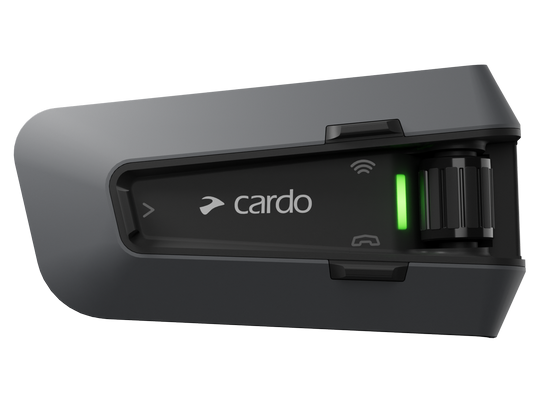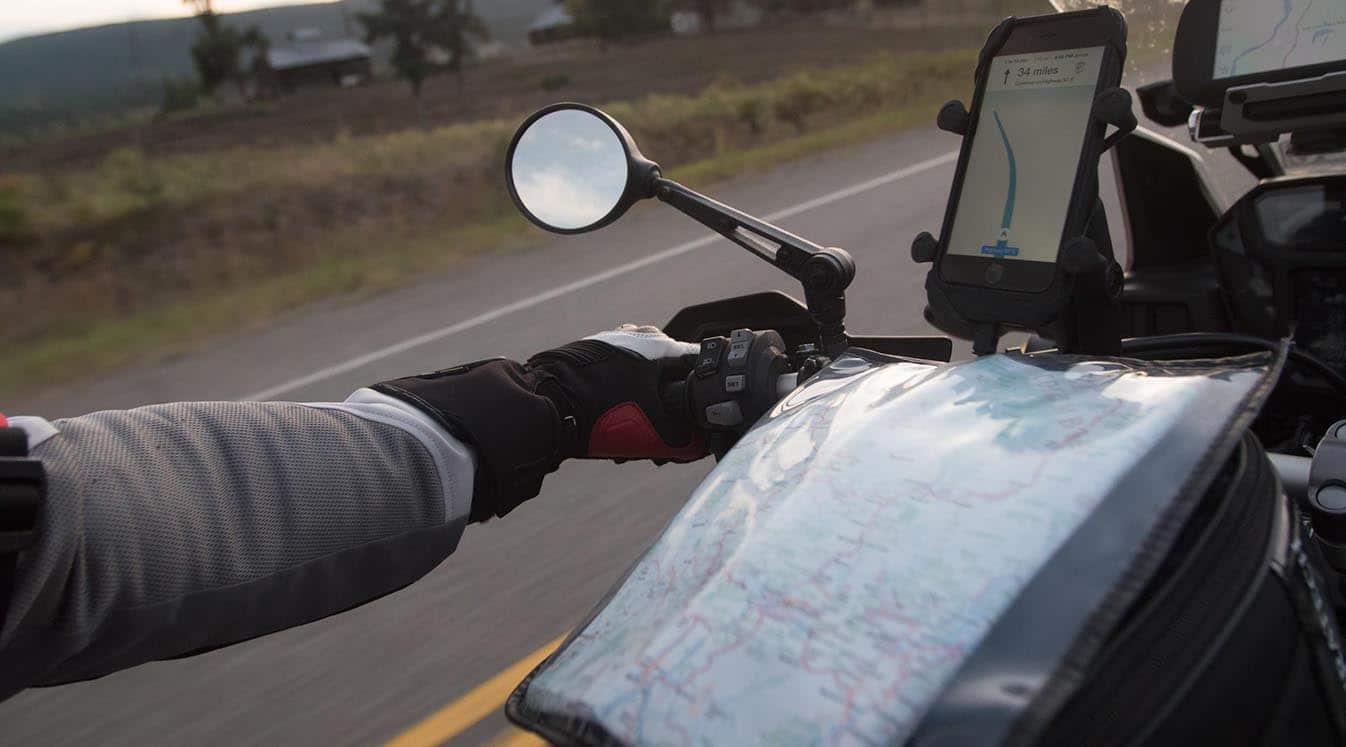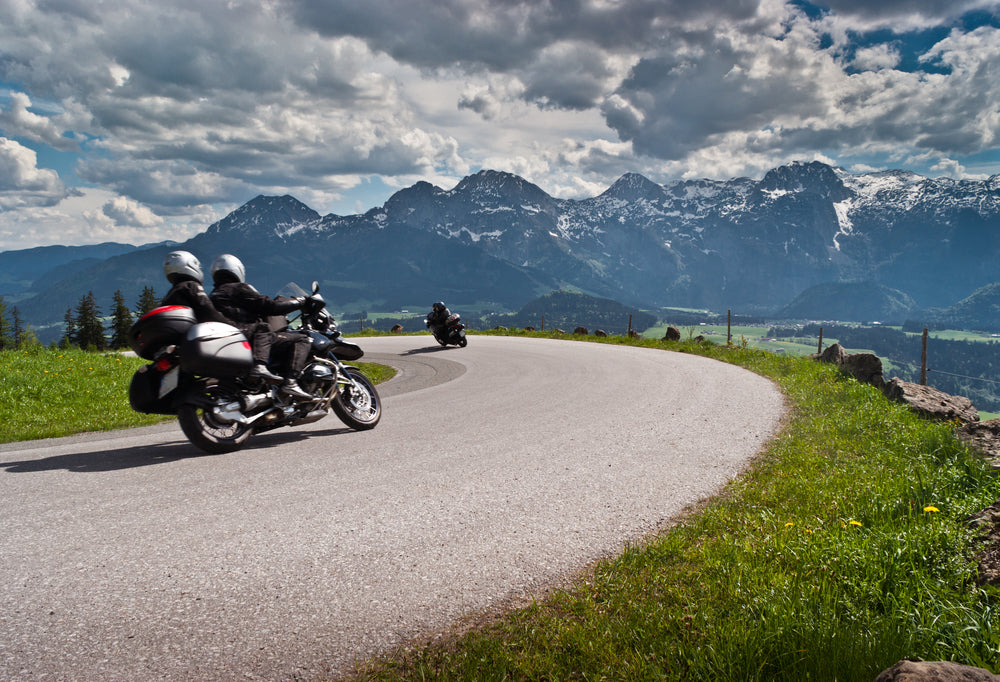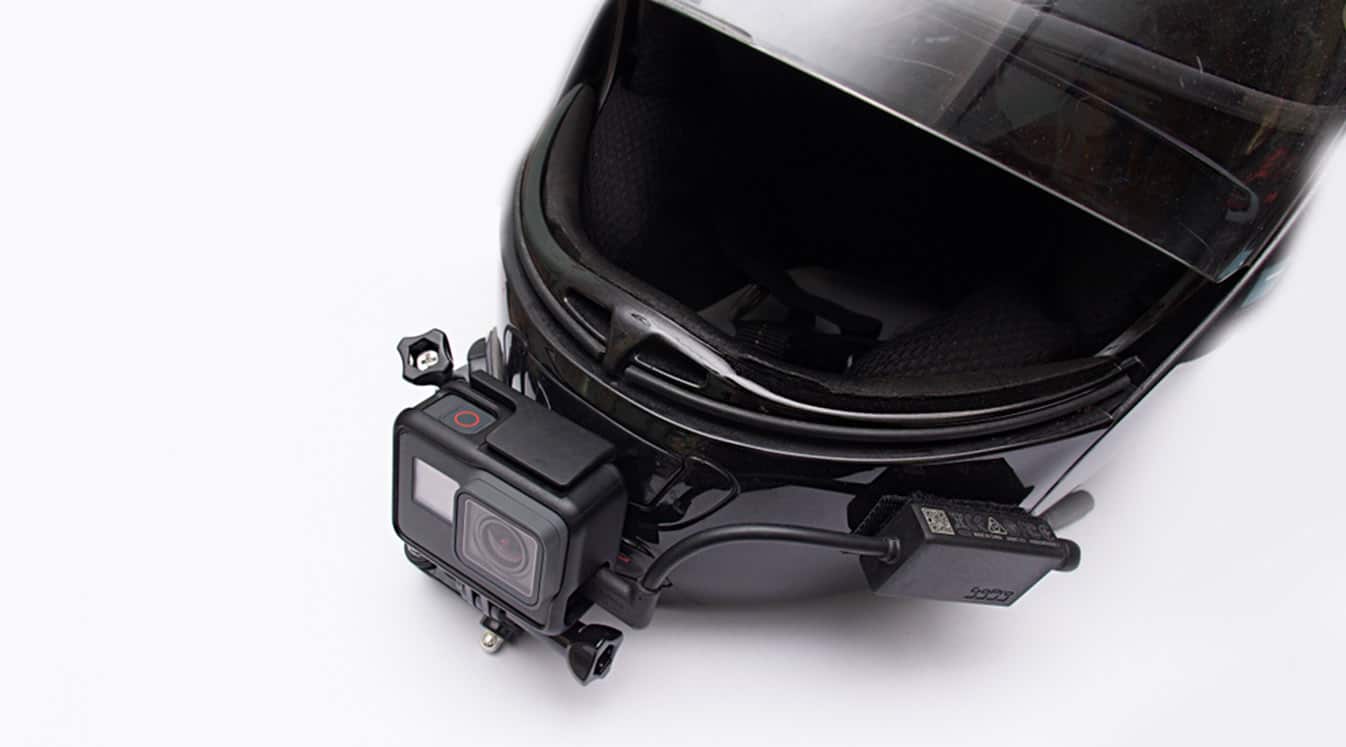Hitting a deer with a car is bad enough. Hitting a deer while you are on a motorcycle can be deadly. The best preparation is vigilance. Be aware of your surroundings, especially when you are in a deer crossing area or heavy woods. Spotting deer on the road is even more difficult in the dark, so be extra careful when riding alone at night.
1. Expect Deer on the Roads
Deer are most active during their rut, which occurs during October, November and December. During hunting season, they can be particularly skittish and active, so expect to see more deer hugging the sides of roads or suddenly running across a road in front of you. Keep your speed lower during these seasons.
Keep your hands on the brakes at all times to minimize reaction time if you do see a deer. They are most active at dawn and dusk, so be cautious as you ride during these times of the day. If you see one deer, there will likely be several more nearby.
2. Be Aware of Signs
Deer may not be very visible, especially if you ride at night or in the early morning. Be attentive to deer crossing signs and reduce your speed.
The signs are posted where there is a food supply next to a road, or in gullies and culverts. Honking your horn or using deer whistles is ineffective, and vigilance works much better. Examples from drivers and research show that most deer do not react to a horn and that the frequency of deer whistles does not affect deer.
3. Watch Your Speed
The more time you have to notice a deer, the more time you have to react. At night, this is even more important. If you are riding in a deer crossing area and notice a light reflecting back at you, reduce your speed and prepare for a possible deer in the road.
Slowing your speed also gives you more reaction time if the deer zig-zags or turns around to run the other way. Many deer do not startle in a straight line, which means you may have to correct your bike’s direction several times to avoid colliding with the deer.

4. Use Your Lights
When riding your motorcycle at night, make sure you have substantial lighting. Use high beams as necessary if you are alone or follow a car that has better lighting and provides more visibility.
Alternatively, you may opt to use auxiliary lights for your bike in such situations. These can be easily attached and removed as needed and can be a great help when riding alone in the dark. Assuring greater visibility can lower your chance of having an accident involving a deer.
5. Practice Your Driving Skills
One of the best ways to prevent crashes involving deer is to practice and hone your driving skills. Experience is the best tool for encountering surprises on the road. Practice braking quickly and zig-zagging your motorcycle on sharp corners.
Many driving schools offer motorcycle-riding classes for beginners, intermediate and experienced riders. While beginner classes teach you the basics, the intermediate and experienced classes have riders practice these important riding skills, which can help you immensely if you encounter a deer’s erratic movements on the road.

6. Stay Connected
When riding with a group, stagger riders to maximize lighting and to prevent pile-up in case one rider hits a deer. Helmet speakers can help riders in a group stay safely in contact in such situations. At Cardo Systems, we use a DMC mesh communication system to ensure connectivity.
We know the importance of seamless technology with products made by riders for riders. Our bike communication systems use natural voice operation that activates when the rider says, “Hi, Cardo.” Having a com system for large groups helps keep all riders safe on the roads.
Final Thoughts
Taking the proper precautions to anticipate a deer accident may, in turn, prevent one. Prepare yourself with a combination of common sense, practice and advanced motorcycle tools to reduce the risk further.
In case of an emergency, it helps to be protected and in communication. Cardo Systems makes motorcycle accessories to make your ride exceptional while keeping you connected to your phone, directions, music and other people. Browse our communications options and find the right communications system for your next motorcycle adventure.





